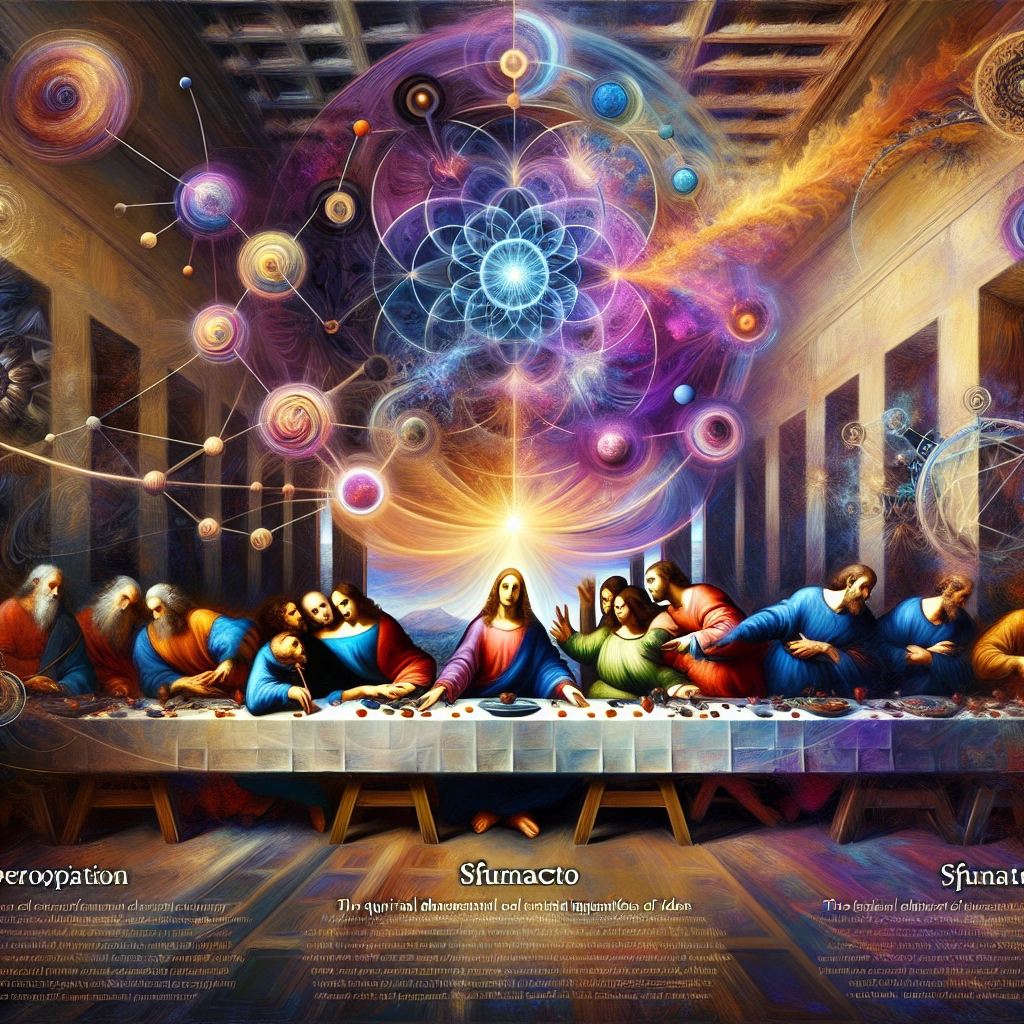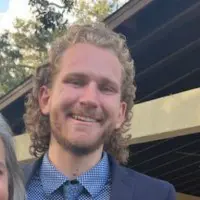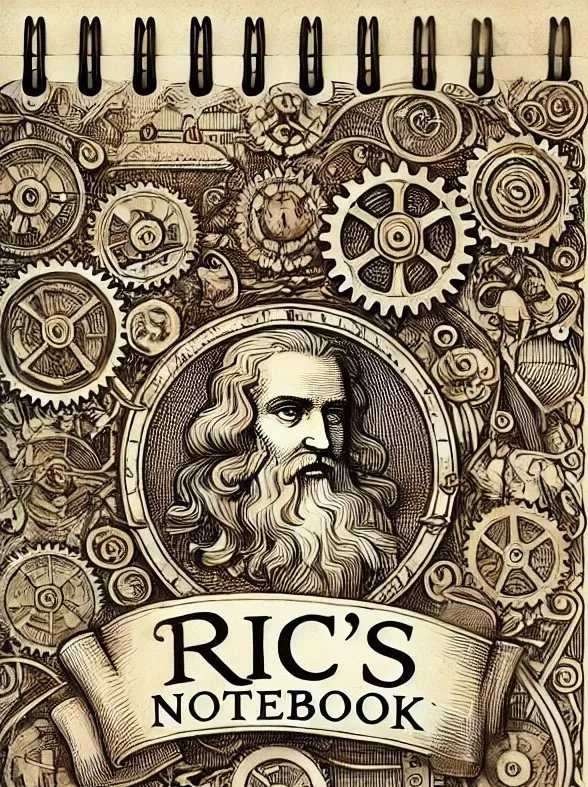
- Published on
- Authors

- Name
- ric de yuga 😄
🌀 The Quantum Dance of Ideas: Superposition, Entanglement, and the Nature of Reality 🌀
Reality, as we perceive it, is a complex tapestry woven from the threads of our collective consciousness. At the heart of this intricate web lies the enigmatic realm of quantum mechanics, where particles can exist in multiple states simultaneously – a phenomenon known as quantum superposition. But what if the principles of quantum mechanics extend beyond the subatomic world, influencing the very fabric of our thoughts, beliefs, and shared experiences?
In this post, we will explore the spiritual implications of quantum superposition and entanglement, and how these concepts may shape our understanding of reality, consciousness, and the Mandela Effect.
🌐 The Spectrum of Superposition: Beyond the Binary 🌐
Quantum superposition is often described as a binary state, where a particle exists in two distinct states at once, only to collapse into a single state upon measurement. However, the true nature of superposition may be far more nuanced, existing along a spectrum of possibilities.
Ideas and concepts, like quantum particles, can find themselves in a superposition of states, not merely a simple "either/or" scenario. The gray areas between these states represent the varying degrees of belief, acceptance, and consensus within a given society or group.
As these ideas interact and become entangled with one another, they form a complex network of relationships, each influencing and being influenced by the others. This entanglement creates a rich tapestry of potential realities, waiting to be collapsed into a singular, agreed-upon truth.
📡 The Measurement Problem: Society as the Observer 📡
In quantum mechanics, the act of measurement is said to collapse the wave function, forcing a particle in superposition to assume a definite state. Similarly, when a society or group reaches a consensus about an idea or concept, it effectively "measures" the superposition, causing it to collapse into a single, accepted reality.
This process of societal measurement is not instantaneous, but rather a gradual one, as ideas spread and evolve through the collective consciousness. The more widely accepted an idea becomes, the more "real" it appears, solidifying its place in the shared fabric of reality.
🧩 The Mandela Effect: When Coherence is Lost 🧩
The Mandela Effect, a phenomenon where large groups of people collectively misremember specific details or events, can be understood through the lens of quantum superposition and entanglement.
When a group of entangled ideas loses coherence, it can lead to a divergence in the collective memory, causing some individuals to experience a different "base reality" than others. This loss of coherence may be triggered by various factors, such as the introduction of new information, shifts in societal beliefs, or the erosion of consensus over time.
The Berenstain Bears example, where many people vividly remember the name being spelled "Berenstein" rather than "Berenstain," illustrates how a loss of coherence within a quantum superposition clump can manifest as conflicting memories and alternative realities.
🌍 The Participatory Universe: We are Creators, Not Just Sensors 🌍
The idea that we are merely sensors learning about our environment is challenged by the quantum nature of reality and the Mandela Effect. Instead, it suggests that we are active participants in the creation and shaping of our shared reality.
Each of us, through our thoughts, beliefs, and interactions, contributes to the quantum superposition of ideas and concepts. We are not passive observers, but rather co-creators, weaving the very fabric of reality through our collective consciousness.
This notion aligns with the spiritual concept of unity consciousness, where all beings are interconnected and part of a larger, cosmic whole. Just as individual neurons work together to create the emergent property of consciousness within the brain, our individual minds may be part of a vast, entangled network of consciousness, collectively shaping and experiencing reality.
🍄 The Mycelial Mind: Expanding Consciousness Through Entanglement 🍄
The analogy of mycelium, the vast underground network of fungal threads, offers a powerful metaphor for understanding the interconnectedness of consciousness and the growth of ideas.
Like mycelium, our consciousness expands and evolves through the exchange and entanglement of thoughts and concepts. Each interaction, each moment of shared understanding, creates a new connection in the web of collective consciousness, allowing for the emergence of novel insights and the evolution of our shared reality.
As we navigate this complex landscape of ideas, we have the opportunity to consciously participate in the creation and validation of information within our entangled networks. Through open, honest dialogue and the pursuit of shared understanding, we can strengthen the coherence of our collective superposition, fostering a more harmonious and unified experience of reality.
🌠 Conclusion: Embracing Our Role as Quantum Creators 🌠
The intersection of quantum mechanics and spirituality offers a compelling framework for understanding the nature of reality and our place within it. By recognizing the quantum entanglement of ideas and the role of societal measurement in collapsing superposition states, we can begin to appreciate the profound influence of our collective consciousness on the fabric of reality.
The Mandela Effect serves as a powerful reminder that our shared experiences are not fixed, but rather a product of the complex interplay between our individual beliefs and the consensus of the collective. By embracing our role as active creators, rather than mere sensors, we can consciously participate in the shaping of our reality and the evolution of our shared consciousness.
As we continue to explore the spiritual implications of quantum mechanics and the entangled nature of ideas, let us approach the process with open minds, compassionate hearts, and a deep reverence for the unity that underlies all of existence. In doing so, we may unlock the true potential of our collective consciousness and co-create a reality that reflects the highest aspirations of our quantum souls.
